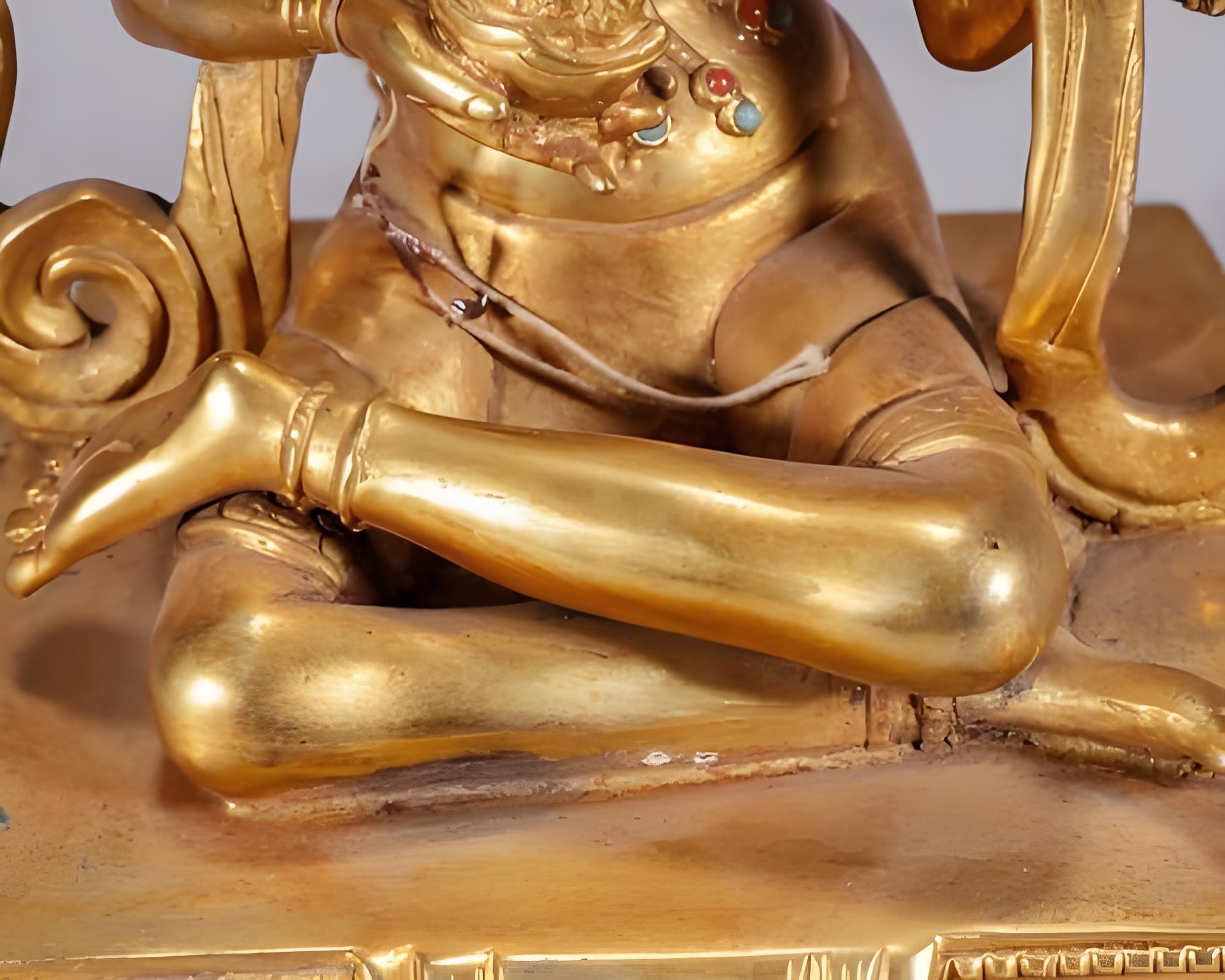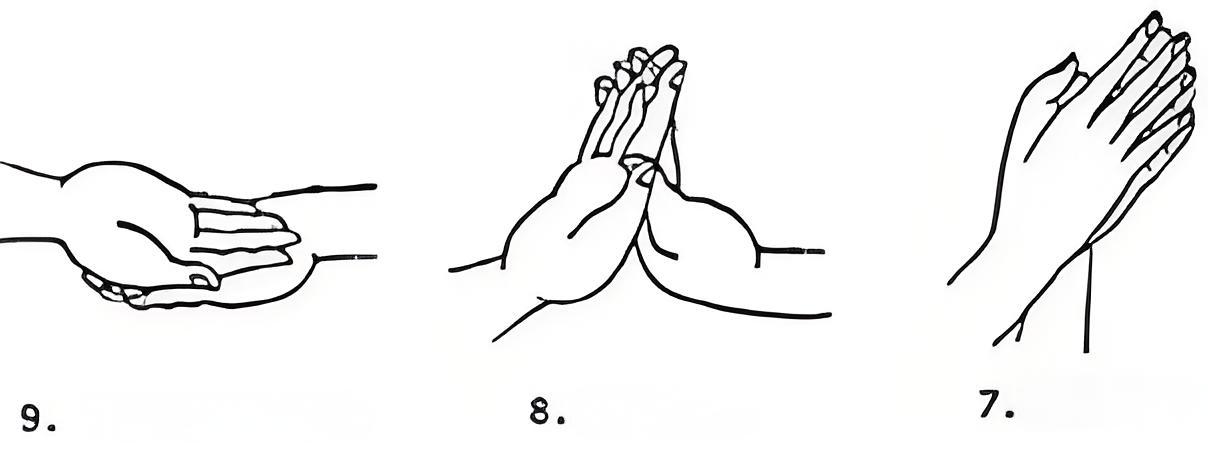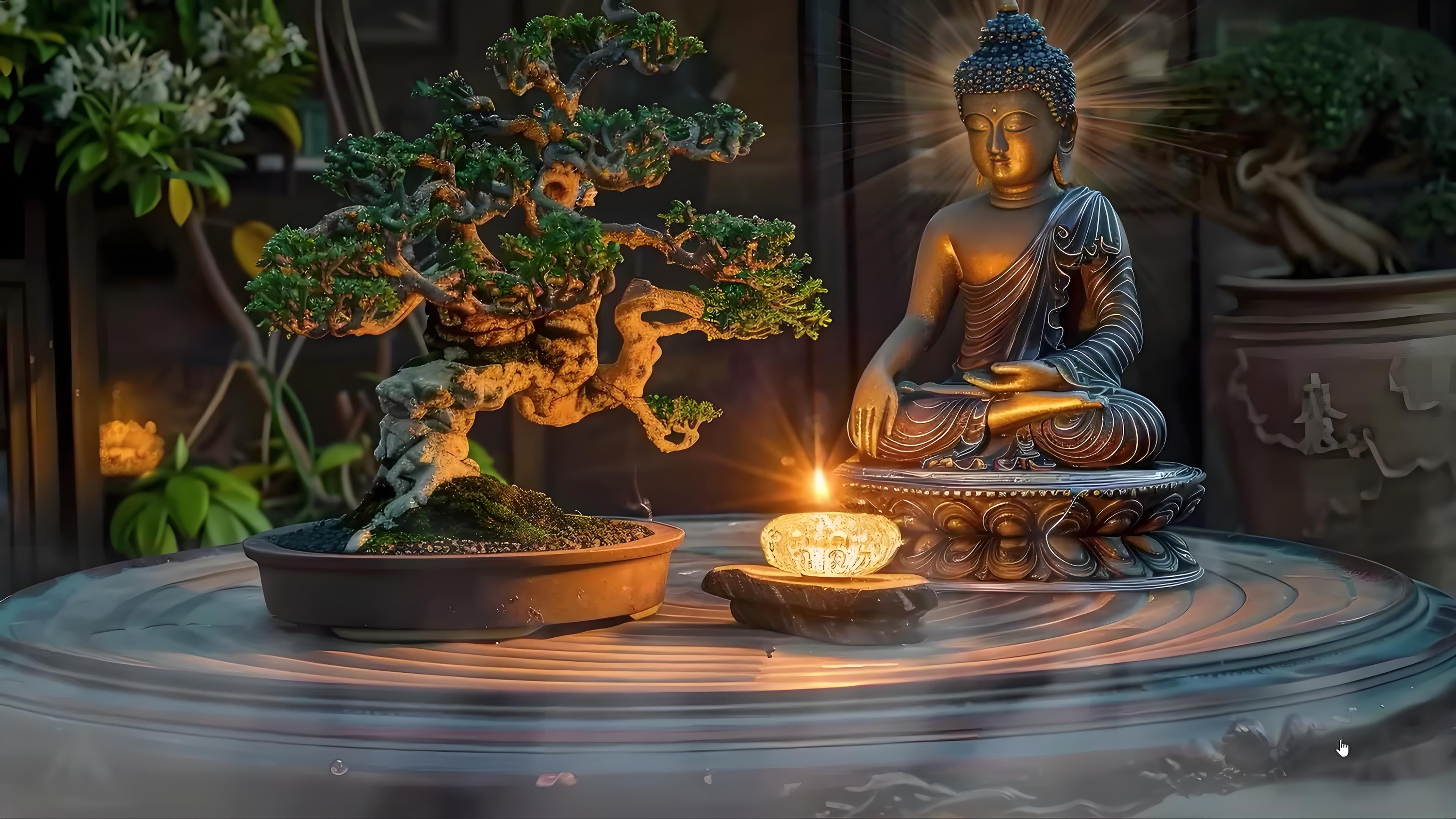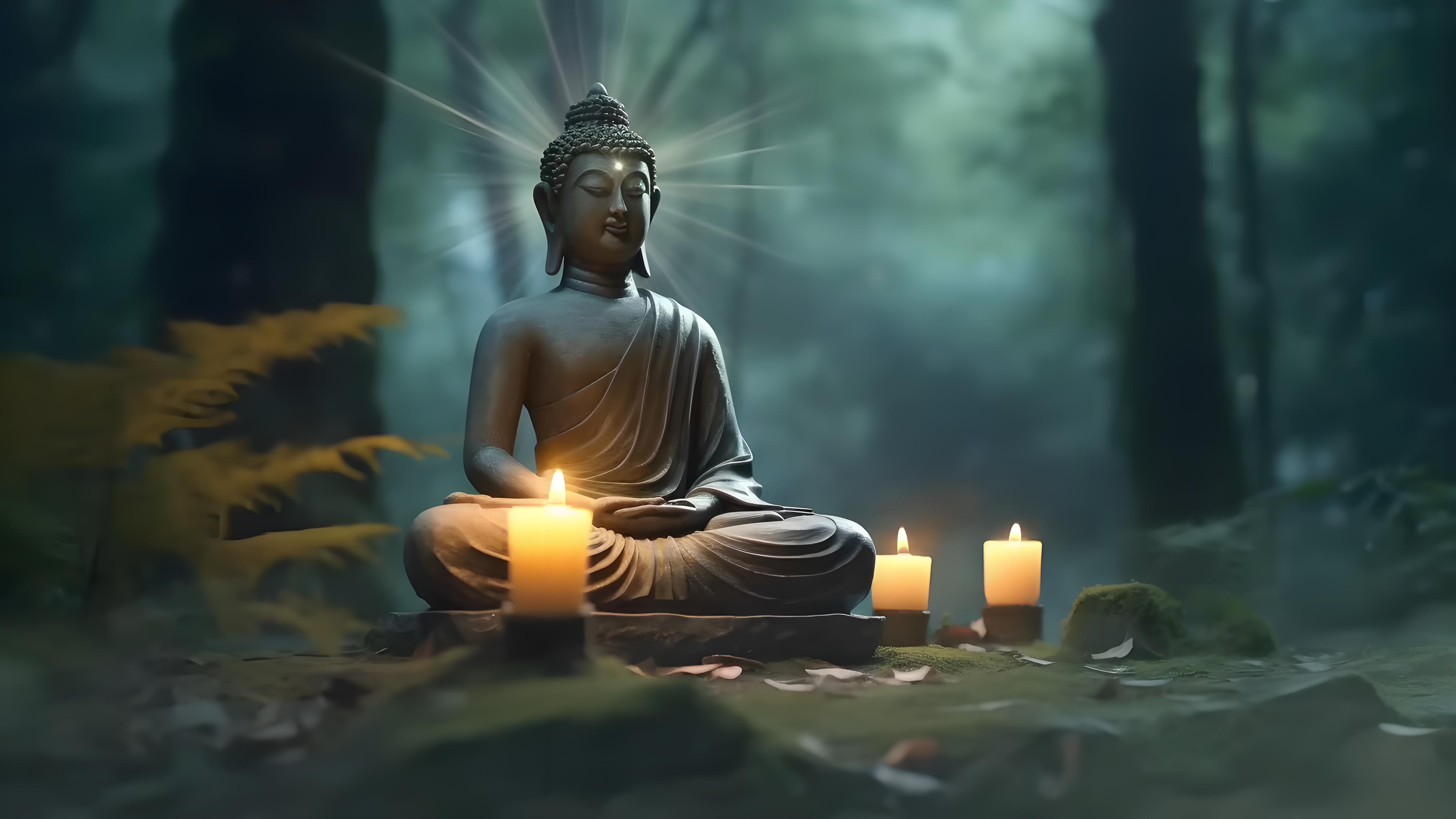type
status
date
slug
summary
tags
category
icon
password
AI summary

Buddhism has become a faith for many people, who often treat it as their spiritual anchor, especially when they find themselves trapped in difficulties and unable to break free. In such times, they particularly need the help of Buddhas and Bodhisattvas. In common people's eyes, Buddhas and Bodhisattvas are omnipotent, and Buddhist dharma has boundless power. With this supreme faith, they believe they can turn misfortune into fortune and overcome difficulties.
In fact, many people misunderstand Buddhism, thinking its essence lies merely in satisfying spiritual needs through burning incense, worshipping Buddha, chanting sutras, reciting Buddha's name, and maintaining mantras. Little do they know that Buddhist dharma is the supreme path to breaking through delusion, achieving enlightenment, and attaining ultimate wisdom. Buddhism can be viewed as a vast and profound field of study. By deeply exploring the Buddhist scriptures, earnestly studying and comprehending Buddha's wisdom, applying it to daily life, and practicing accordingly, we can truly awaken wisdom and achieve liberation.
Let us explore these five representative Buddhist sayings together to appreciate the profound wisdom of Buddha. You will surely benefit greatly and gradually embark on a life filled with happiness and wisdom.
All phenomena arise from causes and conditions, all phenomena cease from causes and conditions

Buddha taught that everything arises from "causes and conditions," and neither can be absent. It is precisely because of the combination of causes and conditions that our world becomes ever-changing, creating various connections between us and the people, events, and things around us. This applies to both Buddhist and worldly dharma. Without causes and conditions, "dharma" would not exist. When Buddha taught for 49 years, he always taught according to circumstances and capabilities, answering disciples' questions and helping countless beings achieve liberation.
Buddhist dharma exists in the world, enlightenment is not separate from the world

Ordinary people might think they are far from Buddhist dharma and view Buddhist practitioners as mysterious and unfathomable. However, Buddha tells us that Buddhist dharma exists within our daily lives. Everything in our daily life – clothing, food, shelter, transportation – is an opportunity for practice. Practice means cultivating one's "mind" and rectifying one's words and actions, which can be accomplished entirely through daily life's details.
Peace through the long night, bringing abundant benefits

Buddhist dharma is invaluably precious. Buddha spoke of the six realms of existence, where all beings cycle through reincarnation, unable to achieve liberation. Buddhist dharma is like a bright lamp in the dark night, illuminating the path forward for all beings and clearly showing the way. With this solid foundation, we can proceed fearlessly on the correct path of Buddhist practice, moving ever forward until liberation, gaining boundless benefits.
If I don't enter hell, who will?

Ksitigarbha Bodhisattva vowed: "Only when all beings are saved will I attain Bodhi; while hell is not empty, I will postpone Buddhahood." To save beings from suffering, Ksitigarbha Bodhisattva tirelessly made great vows to liberate all beings, willing to become Buddha only after all others have achieved Buddhahood. While ordinary people view hell as a place of endless suffering that everyone fears, Ksitigarbha Bodhisattva, with great compassion, uses the power of vows to help beings achieve liberation. We must not disappoint the Bodhisattva's earnest intentions but rather regulate our conduct, cease evil and cultivate goodness, until we achieve enlightenment and Buddhahood – this is the wise course of action.
Develop a mind that rests on nothing

Buddha taught that everything is a manifestation of our mind. If our mind becomes completely pure, there will be no more afflictions or karmic obstacles. How should we settle our "mind"? Buddha taught everyone to "develop a mind that rests on nothing," meaning we should not attach to anything and not be led by others or external things. Only then can we find our true nature and achieve genuine freedom and great ease.
上一篇
The Five Steps to Buddha-hood: Failure, Success, Achievement, Maturity, and Transcendence
下一篇
Mahakala: The Supreme Protector Deity in Tibetan Buddhism
Loading...






